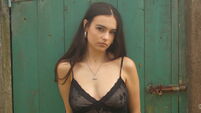Cork artist Podge Lane: Tying up the 'dead ends' with new album
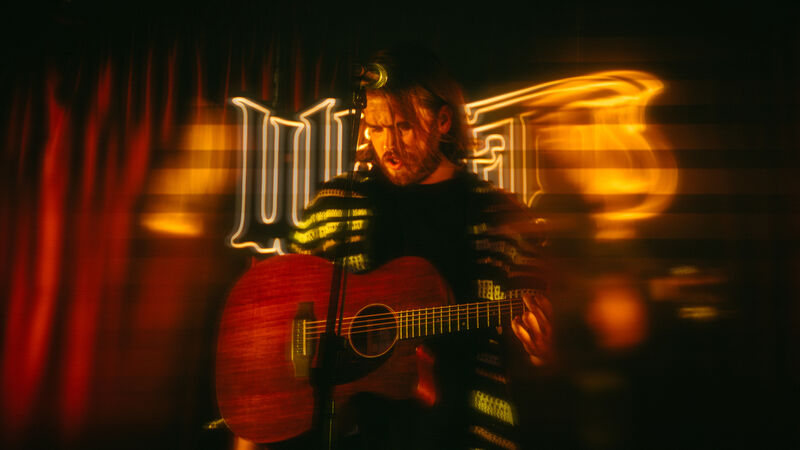
At what point does one draw a line on a significant period of modern life, or their experience of it? When does empathy and experience become history and memory? At what remove, time-wise, are we able to cast a cold eye, as the old adage beseeches us to?
As overwhelming as these thoughts and questions all may sound in one go, they’ve faced many of us in the past year or so, as the post-pandemic period has given way to a sort of Harlem Renaissance, from individuals’ resolutions to change their lives after experiencing the benefits of a change of pace, to Roaring Twenties-type pop-cultural phenomena, like the ubiquitous ‘brat summer’, giving in to hedonism and enjoyment after a pensive period.
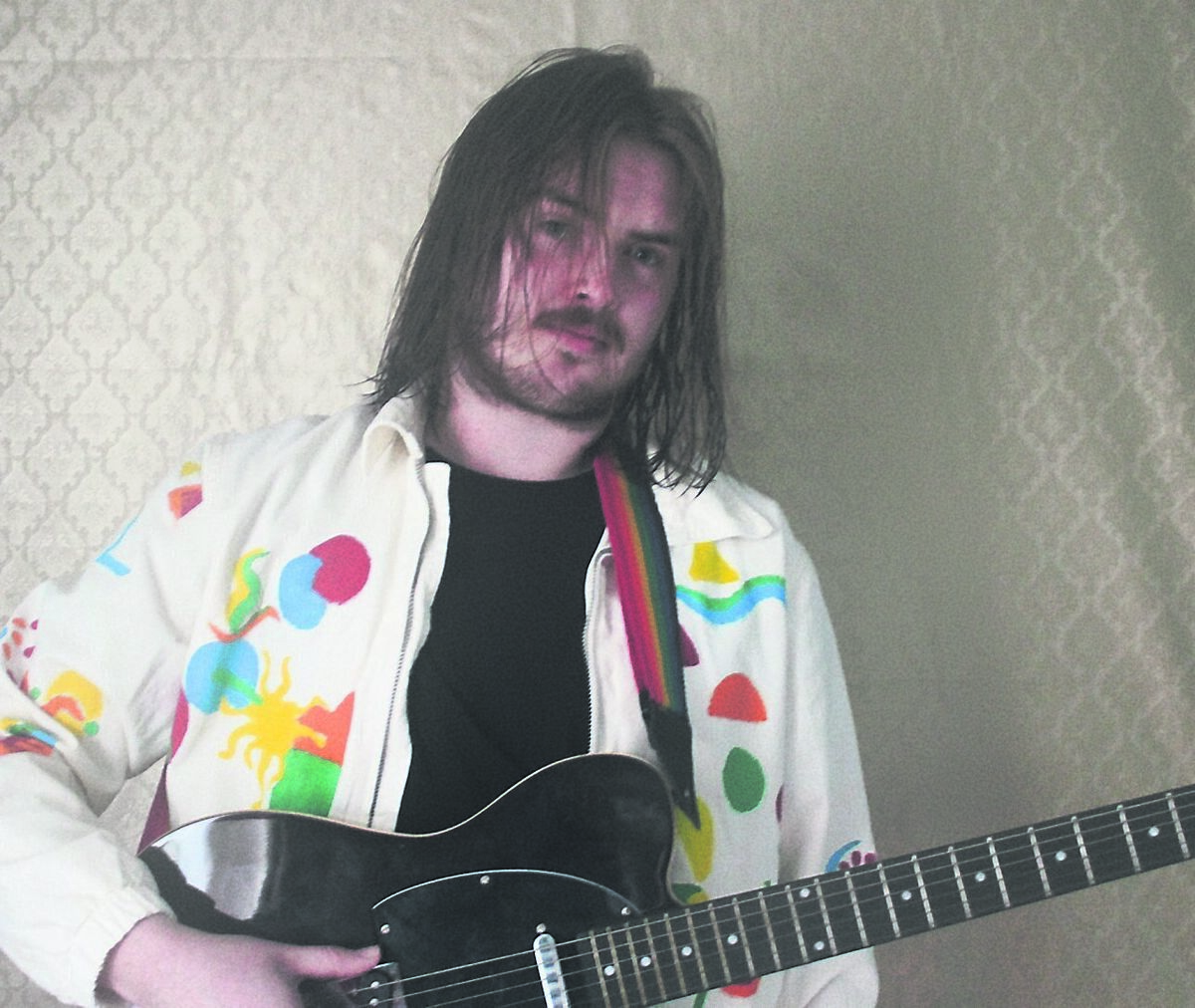
"But for me, I'm a collector of music, I love music to a fault. I love listening to full albums and narratives. I moved back in with my family, and I was listening to the albums that I admired, and it was always narrative stories.
“So the first album, ‘Outer Monologues’, came out in 2021, which was about my life. It was about growing up as a teenager, realising what parts are awkward, and then looking back with a retrospective, going, ‘here are the things you could have done better, here are the things that you're going to be okay from’. The second album, ‘Common Country Misconceptions’, which came out last year, was about love, and realising that people tell you songwriting only comes from pain… kind-of trying to get rid of that mythos, that misconception that music only comes from pain.
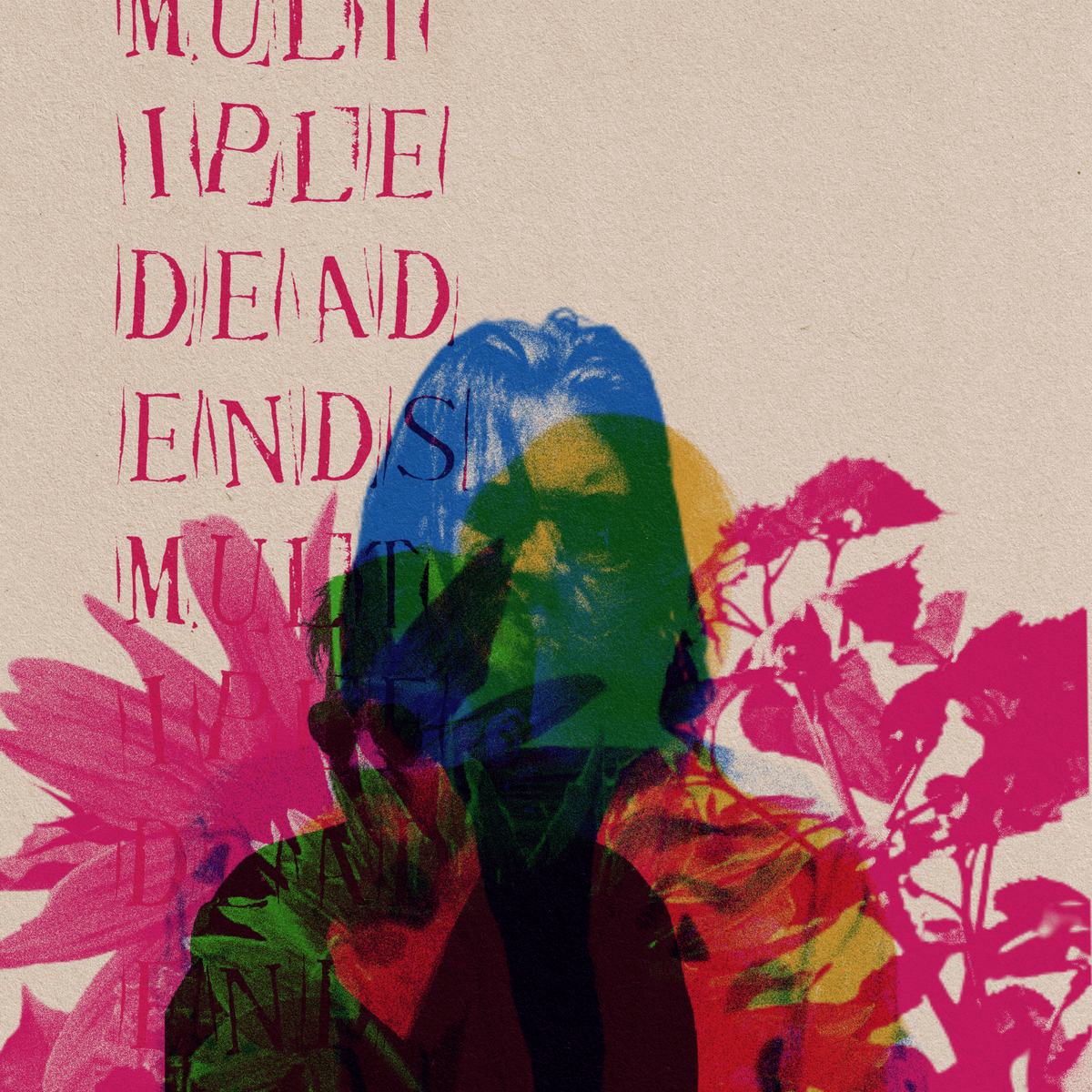
“This third album, ‘Multiple Dead Ends’, where we are now, capped it off with loss, which is… loss of self, loss of people around you, the loss of age. I've always been someone who struggled with growing older, even as an eight-year-old, I would go into my parents’ room, not saying, oh, y’know, ‘I have homework’, but being like, ‘I still don't know how to pay taxes, what am I going to do when I'm 40?’ ‘Multiple Dead Ends’ is my way of not giving an answer, because as a songwriter, I don't want to say I have all the answers [to the questions of existence].”
The final part of Lane’s existential triptych was launched with a gig in August at Whelan’s in Dublin, his debut headliner at the industry-venerated venue. For him, a solid response to the gig, and support from radio and online sales, has brought a degree of closure to a busy period.
“It’s crazy looking at it, like, it feels like it was launched a day ago, but also a year ago. I'd always planned out these three post-pandemic albums that I really wanted to make, just telling my life story in three different segments. That show in Whelan’s was absolutely incredible, it was just great to play a venue that I've always admired as a kid, and I’ve played there a lot as a support act, but finally, to play there as a headliner, seeing people really click with the songs, and getting to see the whole story and narrative, being able to take my time rather than the kind-of stopwatch of 30 minutes…
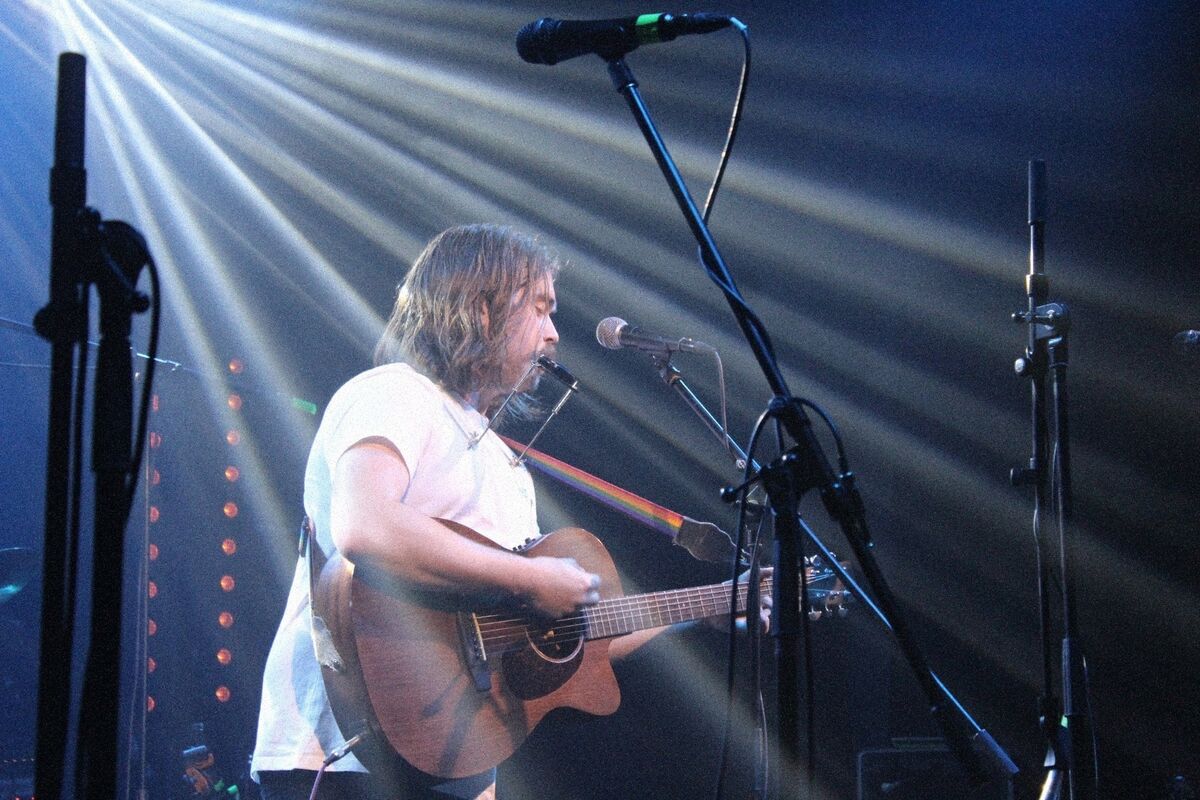
“It was just fantastic to see people resonating with it, because with this album, more than any, it wasn't about, ‘I hope people like the guitars’, or ‘I hope people like the sonic nature of it’, it was more ‘I hope people take away the message of the album as a whole’. Between people messaging me out of the blue to tell me that they've loved it or resonated with it, or just reviews, and the way people have talked about it with, you know, a real love for the style, it's really honestly warmed my heart, it's been fantastic so far.”
The physical release of ‘Multiple Dead Ends’ also represents a new beginning at the end of a major chapter - the establishment of a self-funded indie label for his and others’ music, Teip Records. Named for the Irish-language phraseology to denote suddenness, it also hints at the next part of the creative puzzle for Lane - questions of identity as an American-born Irishman.
“I just thought that was a fun word, especially for the fact that I actually grew up in New York, so I never took Irish, so I always felt like a little bit of an outsider to everything. Like when I was in America, I was told I had a very Irish accent; and when I came back to Ireland, I was told I had a very American accent, so it was always kind-of in the in-between.
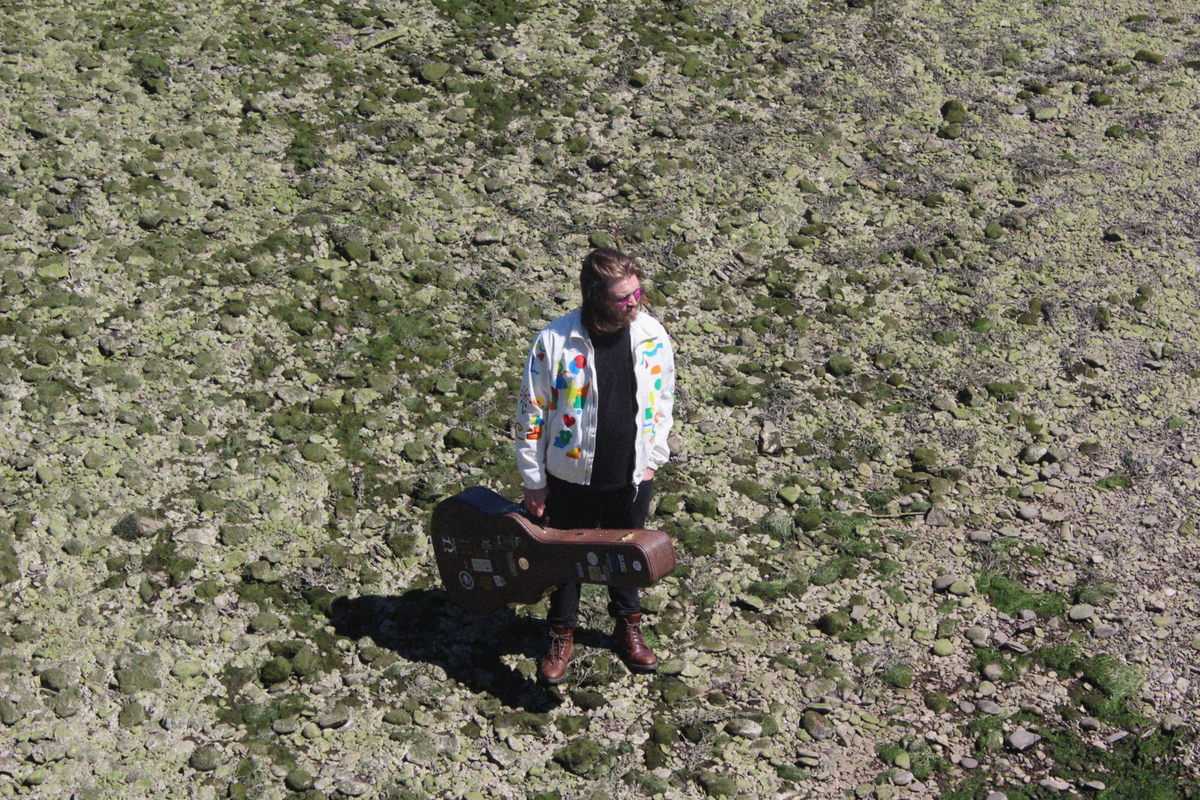
“If I gave myself a lot of time, and shipped some of these songs around to labels, there might be a chance to get something created, but when I look back on my music, I don't want to look at one single that did pretty well, I want to be able to look at these albums that I created as my body of work, because as a musician, when you're growing up, you look at everything with a giant imagination.
"Then finally, entering the music scene as an adult, I was meeting those same people going, ‘oh, they're producing their own stuff in their sitting room, and it's not getting the streams that they were hoping for’, but it affected me in a way that made me want to be a musician.
“It may not go global, but there'll be some kid on the bus who happened upon it on Bandcamp and goes, ‘oh, he's saying what I was thinking’. That's the most important thing to me.
.



